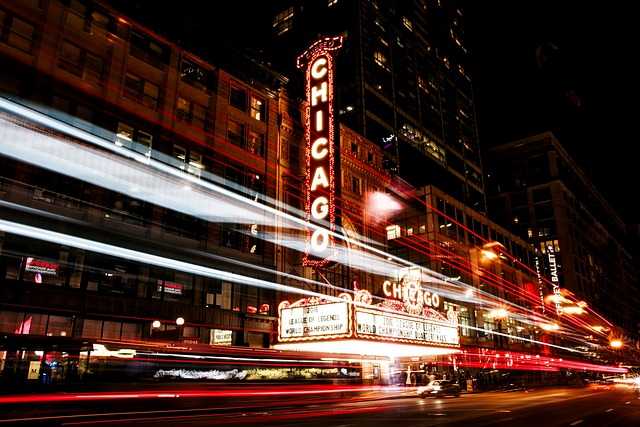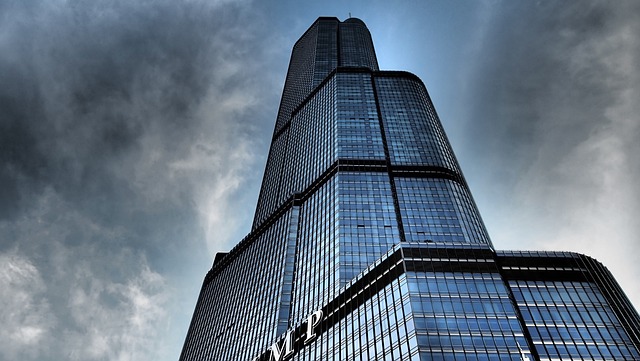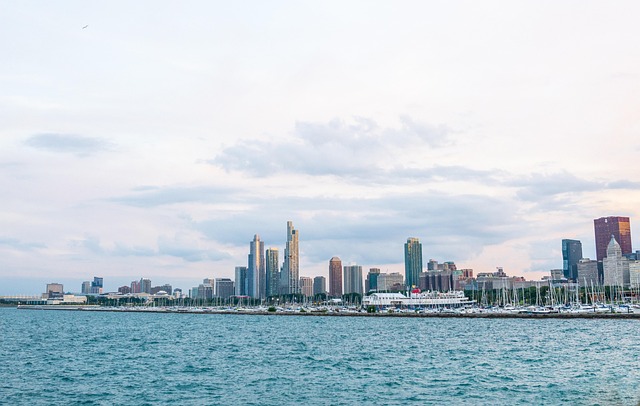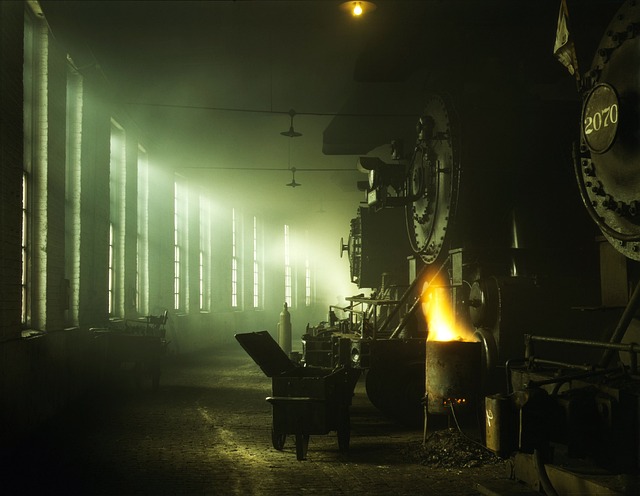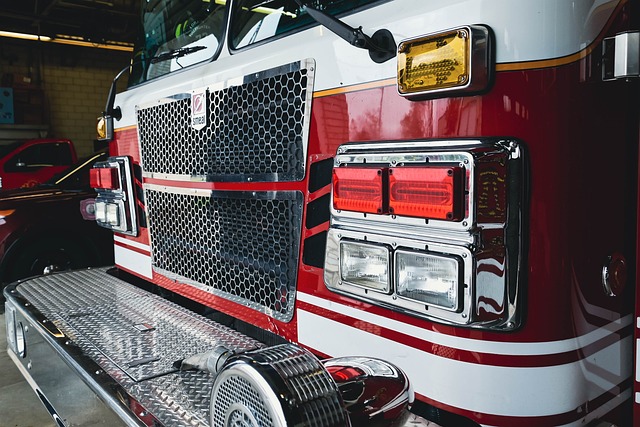Selling fire-damaged homes in Chicago requires specialized knowledge of local real estate, property valuation, and legal processes. It involves a multi-step approach: assessing damage, creating detailed reports for insurance and fair compensation, understanding market trends and neighborhood factors, navigating emotional attachments, complying with building codes, and effective marketing to attract buyers accustomed to these peculiarities. Engaging professionals skilled in post-fire sales is crucial for success, ensuring transparency, accurate property positioning, and smooth legal/insurance interactions.
After a devastating fire, property valuation in Chicago becomes a complex process. This article delves into the unique challenges of post-fire assessments, guiding homeowners and investors navigating this difficult landscape. We explore the steps involved in evaluating fire damage, from initial inspections to detailed reporting. Understanding key factors influencing property values is crucial for selling fire-damaged homes in Chicago’s competitive market. Additionally, we provide legal insights and strategies to maximize sales potential, offering a comprehensive resource for those affected by fire.
- Understanding Post-Fire Property Valuation in Chicago
- The Process of Assessing Fire Damage
- Factors Influencing Property Values After a Fire
- Challenges in Selling Fire-Damaged Homes
- Legal and Insurance Considerations for Sellers
- Strategies for Maximizing Sales Potential
Understanding Post-Fire Property Valuation in Chicago
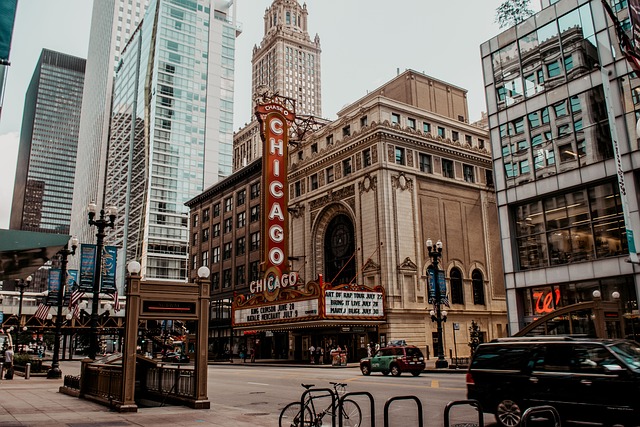
In the aftermath of a fire, property valuation in Chicago becomes a complex process that requires specialized expertise. Selling fire-damaged homes involves a meticulous assessment to determine the value of a property after its destruction. This is crucial for both homeowners seeking to recover losses and insurance companies aiming to provide accurate compensation. The initial step is to inspect the damage, taking into account not just structural integrity but also the condition of essential systems like electricity, plumbing, and HVAC.
Chicago’s dynamic real estate market adds layers of complexity. Local trends, neighborhood dynamics, and historical property values all play a role in post-fire valuations. Homeowners must understand that selling fire damaged homes isn’t about the cost of repairs alone; it’s about maximizing the return on investment in a competitive market. Engaging professionals skilled in this niche area is essential to navigate the process effectively, ensuring fair outcomes for all parties involved.
The Process of Assessing Fire Damage

After a fire, assessing the damage is crucial for Chicago homeowners looking to sell their properties. The process typically begins with a thorough inspection of the affected areas, documenting every damaged or destroyed item and measuring the extent of structural damage. This detailed evaluation involves examining walls, roofs, floors, and fixtures, noting smoke and water stains, and assessing the overall integrity of the building.
Specialized appraisers use this information to create a comprehensive report that estimates the current value of the property, taking into account both the repairs needed and the potential increase in value from a fresh start. This report is essential for insurance claims and when selling fire-damaged homes in Chicago, ensuring that homeowners receive fair compensation or accurately setting new market expectations.
Factors Influencing Property Values After a Fire
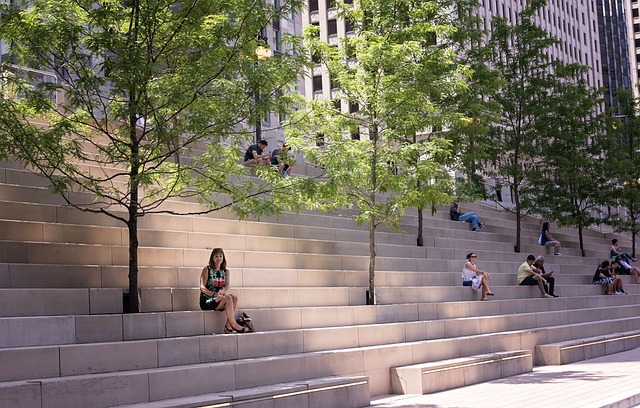
After a fire, several factors come into play when determining property values in Chicago. One of the primary considerations is the extent of damage to the structure itself—a thorough assessment by professionals is crucial to understanding the repair needs and potential costs. The age and condition of the property before the fire also significantly impact its value; older buildings or those already in need of renovation may face challenges in retaining their pre-fire worth, whereas newer homes might fare better with less depreciation.
Location plays a vital role as well. Neighborhoods in Chicago known for their desirability and high property values can mitigate the effects of fire damage. Additionally, market trends and demand for housing in specific areas influence how quickly and at what price fire-damaged homes can be sold. In competitive markets like Chicago, where there’s a consistent demand for real estate, selling fire-damaged properties might not be as challenging, provided the necessary repairs are made to meet local building codes and regulations.
Challenges in Selling Fire-Damaged Homes
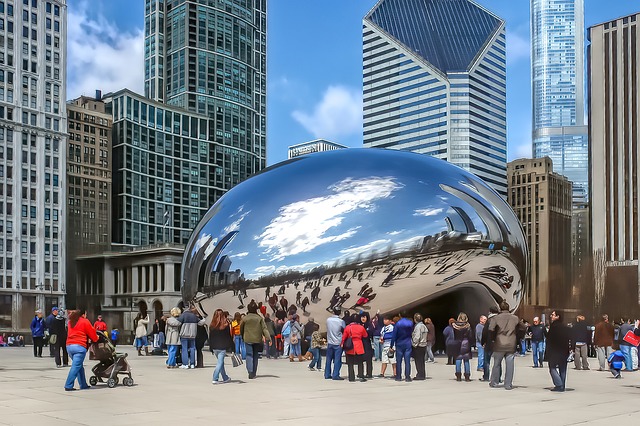
Selling fire-damaged homes in Chicago can be a complex and challenging process due to several unique factors. One of the primary difficulties is the emotional attachment that homeowners often have to their properties, making it hard for them to let go, even if it means selling at a loss. This psychological barrier can prolong the selling time and impact negotiations.
Additionally, fire damage leaves visible scars on homes, which can deter potential buyers. Structural repairs and rebuilding efforts are not only costly but also time-consuming, adding another layer of complexity. Real estate agents in Chicago specializing in these situations must be adept at navigating insurance claims, understanding local building codes for reconstruction, and marketing properties effectively to attract buyers who understand the unique circumstances involved in selling fire-damaged homes.
Legal and Insurance Considerations for Sellers
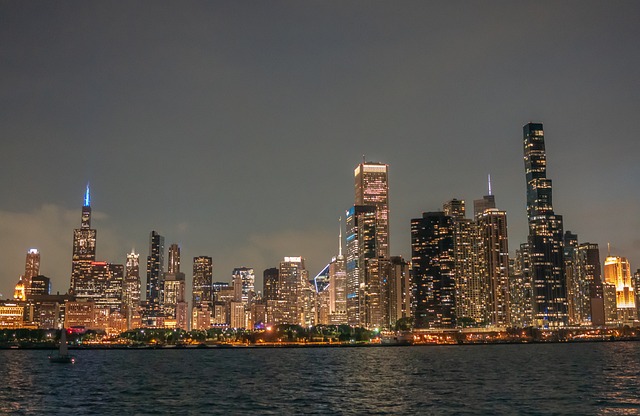
When it comes to selling fire-damaged homes in Chicago, legal and insurance considerations are paramount for sellers. After a fire, it’s crucial to understand the extent of damage, both visible and hidden, as this impacts not just the sale price but also the seller’s liability. Insurance policies play a critical role here; sellers should review their coverage carefully, noting deductibles, scope of repair, and any exclusions related to fire damage.
In Chicago, selling fire-damaged properties involves adhering to local building codes and safety regulations. Sellers must disclose the fire event and its impact to potential buyers, providing transparency in the transaction. Legal professionals specializing in real estate can guide sellers on necessary repairs, potential legal liabilities, and ensuring compliance with city regulations, making the process smoother and less stressful for all parties involved.
Strategies for Maximizing Sales Potential
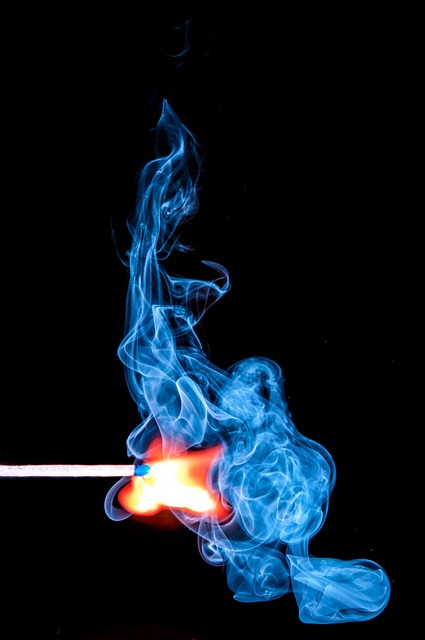
When it comes to selling fire-damaged homes in Chicago, a strategic approach is key to maximizing sales potential. The first step involves meticulously documenting and assessing the damage – both visible and hidden – to determine the extent of repairs required. This not only helps set realistic expectations for potential buyers but also provides a clear roadmap for reconstruction, which can significantly enhance the property’s appeal.
Moreover, focusing on the unique features and characteristics of the home that may have survived the fire can be a powerful marketing tool. Highlighting these elements – such as original architecture, quality craftsmanship, or a desirable location – can differentiate the property from others on the market. Additionally, working with experienced professionals who specialize in post-fire renovations ensures that the sales process is smooth and that the home is presented in its best light, ultimately attracting interested buyers looking for a valuable Chicago real estate investment.
Post-fire property valuation in Chicago requires a nuanced understanding of the unique challenges and factors that influence home values. By navigating the process of assessing fire damage, considering key influencers, and addressing legal and insurance considerations, sellers can effectively strategize to maximize their sales potential when selling fire-damaged homes in Chicago. These insights empower folks to navigate this difficult time with confidence, ensuring they receive a fair return on their investment.
